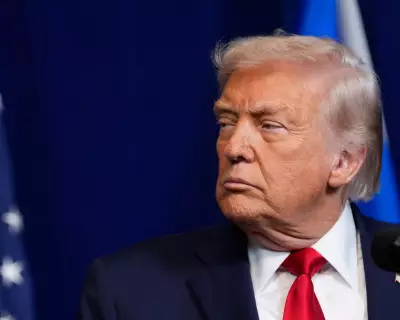
Labour leader Sir Keir Starmer has revealed he was temporarily detained by police officers in Sussex while returning from a casual evening at a local pub. The incident occurred near the coastal town of Peacehaven, where the potential future Prime Minister found himself at the centre of an unexpected police encounter.
The Unexpected Detainment
According to Sir Keir's account, the situation unfolded as he was making his way back from a pub dinner. Sussex Police officers stopped and briefly detained him in what appears to have been a routine check that escalated unexpectedly.
"I was just coming back from the pub, having had something to eat," Sir Keir explained, describing the ordinary nature of his evening before the police intervention.
Community Tensions Surface
The Labour leader suggested the incident reflected broader community concerns, noting that local residents had previously approached him about various issues affecting the area. This police encounter appears to have been another manifestation of the challenges facing the community.
"It does show there is a lot of concern in the community," Sir Keir observed, connecting his personal experience to wider social issues.
Police Response and Context
While specific details about why officers decided to detain the Labour leader remain unclear, the incident highlights the everyday realities of police-community interactions that occur across the country, regardless of an individual's status or position.
Sussex Police have yet to release an official statement regarding the encounter with the opposition leader, leaving questions about the precise circumstances that led to his temporary detainment.
Political Implications
As Labour maintains a significant lead in opinion polls, this personal experience with law enforcement provides Sir Keir with firsthand insight into policing practices that could inform future policy discussions. The incident comes at a time when police conduct and community relations remain prominent topics in political discourse.
The episode serves as a reminder that even those who may soon lead the nation are not immune to the same experiences that affect ordinary citizens in their daily interactions with authority figures.





